First published on November 2, 2016 • Last updated on May 14, 2017
This page may contain affiliate links; if you purchase through them,
we may receive a small commission at no extra cost to you.
The Wild Horses of Cotopaxi are one of the best reasons to visit this national park just outside of Quito, Ecuador.
The History of the Wild Horses of Cotopaxi
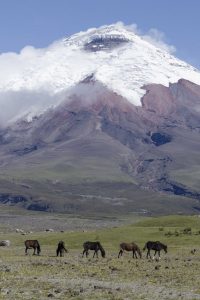 Before the arrival of horses to South America, native tribes walked everywhere and used pack animals like llamas and alpacas to carry heavy loads. Horses arrived with Spanish conquistadors in the 1500s, precipitating a change in culture. Part of that change included the creation of large haciendas which covered huge expanses of land. The land supported large herds of cattle which grazed on mountain pastures for most of the year. The haciendas needed horses to herd and corral these heads of cattle.
Before the arrival of horses to South America, native tribes walked everywhere and used pack animals like llamas and alpacas to carry heavy loads. Horses arrived with Spanish conquistadors in the 1500s, precipitating a change in culture. Part of that change included the creation of large haciendas which covered huge expanses of land. The land supported large herds of cattle which grazed on mountain pastures for most of the year. The haciendas needed horses to herd and corral these heads of cattle.
Over time, some horses escaped captivity and established herds in the area at the base of the Cotopaxi Volcano. They are called párameros because they live and thrive on the high, desert-like tundra which is called the paramo. The number of horses
Ancient Bloodlines of the Wild Horses of Cotopaxi
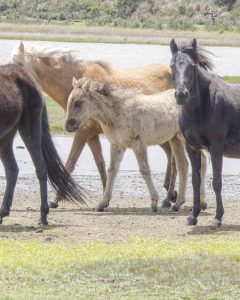 These horses have bred in near isolation for more than 200 generations. Their ancient bloodlines are mainly Andalusian with a touch of Jennet and Berber races. Through the centuries, the horses have adapted to the extreme altitude of the Andes. Despite their ancient lineage, these wild horses are possibly a new breed.
These horses have bred in near isolation for more than 200 generations. Their ancient bloodlines are mainly Andalusian with a touch of Jennet and Berber races. Through the centuries, the horses have adapted to the extreme altitude of the Andes. Despite their ancient lineage, these wild horses are possibly a new breed.
Today, working haciendas, like Hacienda Yanahurco, still farm lands near Cotopaxi National Park.
Visiting the Wild Horses of Cotopaxi
For almost a year, Cotopaxi National Park was closed to tourism because of the recent activity of the volcano. But it is open once again and though we can never guarantee a clear view of the glacier-capped peak of the volcano, we can tell you with 99.9% certainty that a visit to the area, especially near Laguna Limpiopungo, will include at least a few horses.

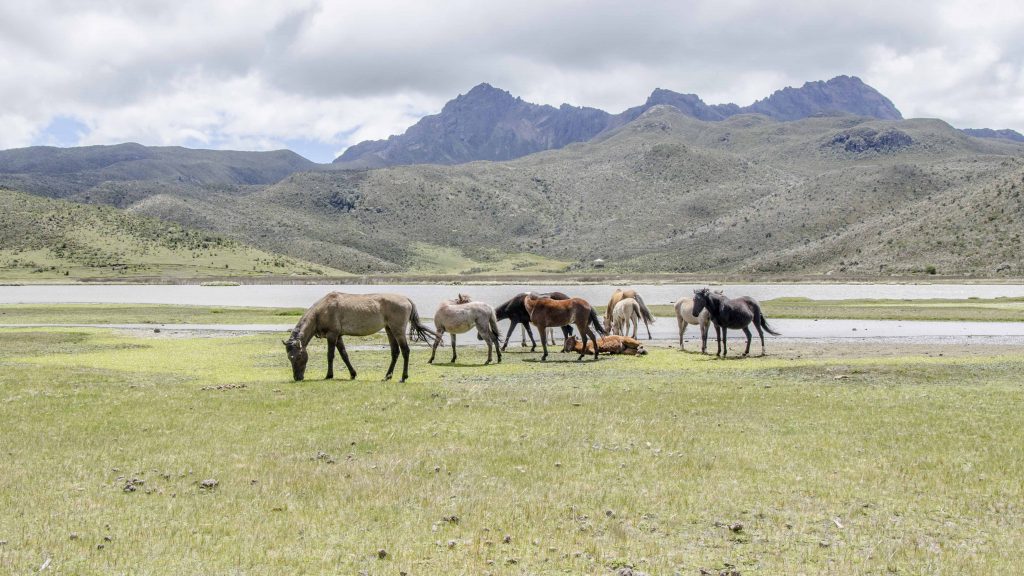

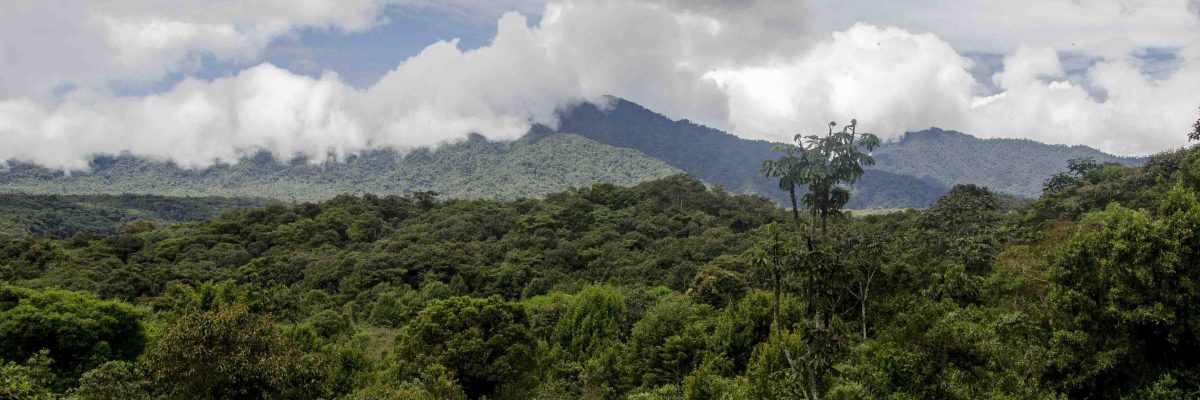
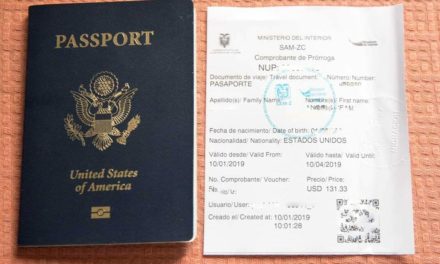

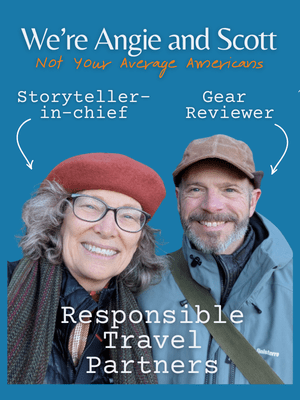
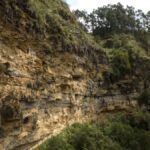















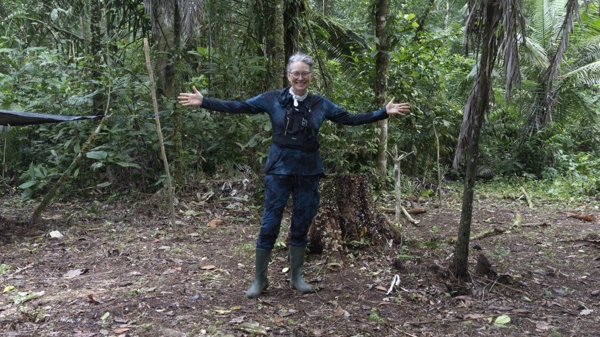
I would like to call your attention to the book Mustangs of Cotopaxi and Other Stories (http://www.blurb.com/b/7502950-the-mustangs-of-cotopaxi). In “The Mustangs of Cotopaxi” mustangs from Ecuador are trained and shown in Spain; in “Edgar, a Texas Farmer” a novice learns how to train horses.
Also are stories about a wealthy lady from Belfast who moves to Texas, a murder in a university, and a prostitute in Quito.
Available on Amazon and Kindle.
Thank you, Kent Rylanderhorses-cover-1.jpeg